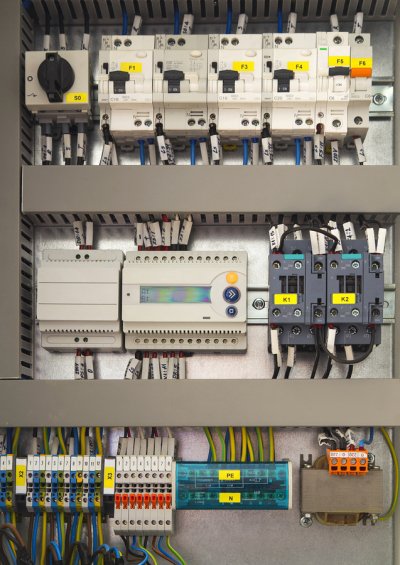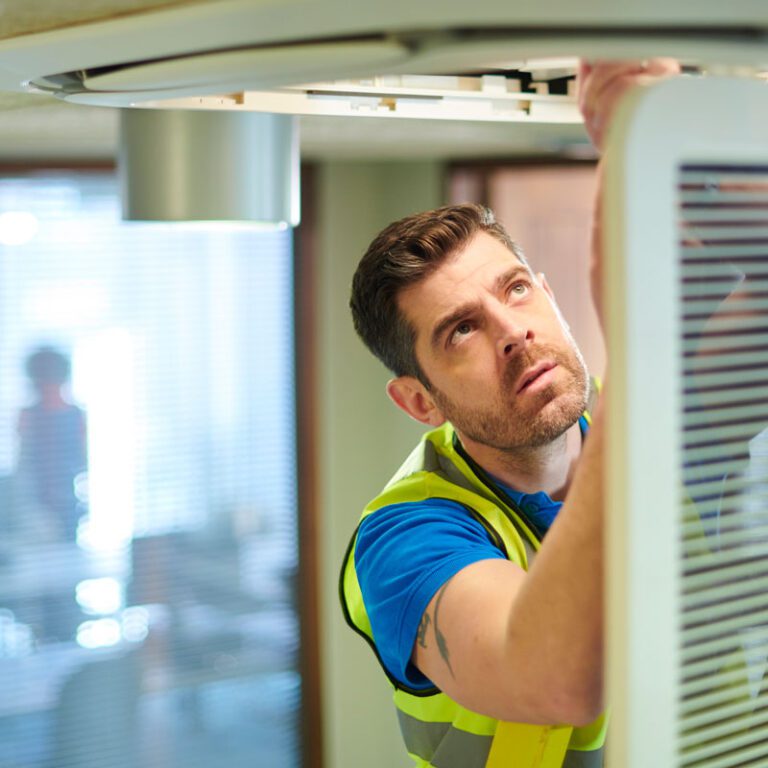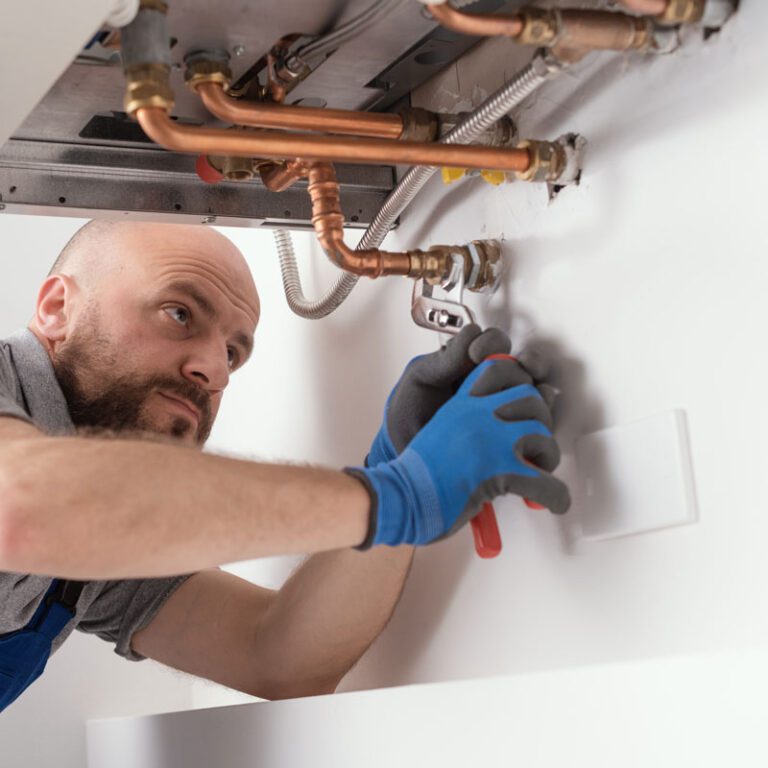Riverview Pool and Electrical Contractors Serving Tampa
Although your home’s electrical installations and repairs should only be performed by a licensed residential electrician in Tampa, that doesn’t mean you should be totally unknowledgeable about how your home’s electrical system works. On the contrary, understanding the basics of your home’s electrical system can actually save you time and money in the long run since you’ll know when to contact a residential electrician before things any worse and cost any more to repair. Having a broad understanding of your home’s electrical system can also help you keep your family safe and avoid damaging any of your expensive appliances or electronics.
How Many Volts Is Your Home’s Electrical System
Knowing your home’s voltage is important for a few reasons. First, if you live in an older home that was built with 110-volt service, you should have your electrician upgrade your home’s electrical system to 220 volts to prevent overloading your circuit breaker and damaging your expensive appliances and electronics. It’s also important that you know whether your home is built with a 110- or 220-volt electrical system so you know the size and type of appliances and electronics you can safely use without overloading the circuit breaker.
Where the Main Panel Is Located
If you recently moved into a new home, make sure you know where the main circuit panel is located. This is where you’ll go to check the circuit breakers if any of your outlets or appliances suddenly stop working. You’ll also need to know where the main panel is located so you can quickly turn the power off during an emergency situation when continued electrical service in your home would pose a risk to your family.
Whether Your Outlets Are GFCI
The ground-fault circuit interrupter (GFCI) was invented in 1961 to prevent dangerous ground faults that can cause painful shocks and even be deadly in some cases. Today, GFCI outlets are required by the National Electric Code in all new kitchens, bathrooms, crawl spaces, basements, and most outdoor receptacles. If the outlets in these areas of your home do not meet current building codes, contact a residential electrician in Tampa to install GFCIs where required.





